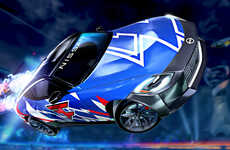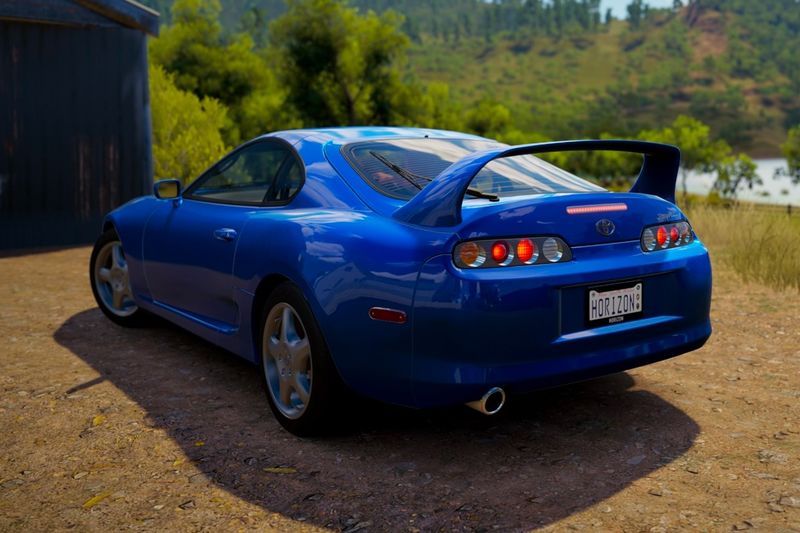
Toyota Licensed One of Its Cars to Be Included in a Racing Video Game
Daniel Johnson — November 25, 2019 — Autos
References: forzamotorsport.net & hypebeast
Toyota will license one of its vehicles to be included in a racing video game. The company previously took steps to stop licensing its cars in racing games in 2017, however, Toyota has since changed its course. Video games offer auto manufacturers a unique opportunity to promote their vehicles to car enthusiasts through video games. For gaming companies, it allows them to put real cars into a game, which may provide a more realistic experience for players.
Specifically, Toyota agreed to have its ‘1998 Supra RZ’ included in ‘Forza Horizon 4.' The car will be available in the game beginning on December 12th, as part of the Series 17 update.
Image Credit: Forza Horizon/ Microsoft Studios
Specifically, Toyota agreed to have its ‘1998 Supra RZ’ included in ‘Forza Horizon 4.' The car will be available in the game beginning on December 12th, as part of the Series 17 update.
Image Credit: Forza Horizon/ Microsoft Studios
Trend Themes
1. Virtual Automotive Licensing - Auto manufacturers are leveraging video games as an opportunity to promote their vehicles to car enthusiasts through video games.
2. Realistic Gaming Experience - Video game companies are providing a more realistic experience for players by including real cars in their games, disrupting traditional gaming experiences.
3. Revival of Old Favorites - Car manufacturers are licensing their classic models to be included in popular video games, giving a new generation an opportunity to experience these classic cars in a unique way, disrupting traditional car marketing efforts.
Industry Implications
1. Automotive - With virtual automotive licensing, the automotive industry can promote their vehicles through video games, disrupting traditional marketing efforts.
2. Video Gaming - Video gaming companies can attract car enthusiasts by providing a more realistic experience through the inclusion of real cars in their games, disrupting traditional gaming experiences.
3. Entertainment - Reviving classic models in popular video games can attract a new audience and provide a unique experience, disrupting traditional entertainment marketing efforts.
3.8
Score
Popularity
Activity
Freshness























